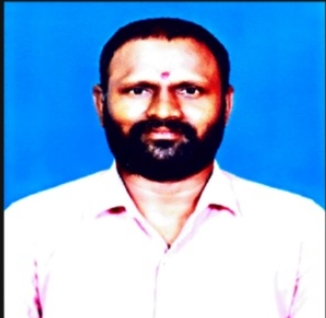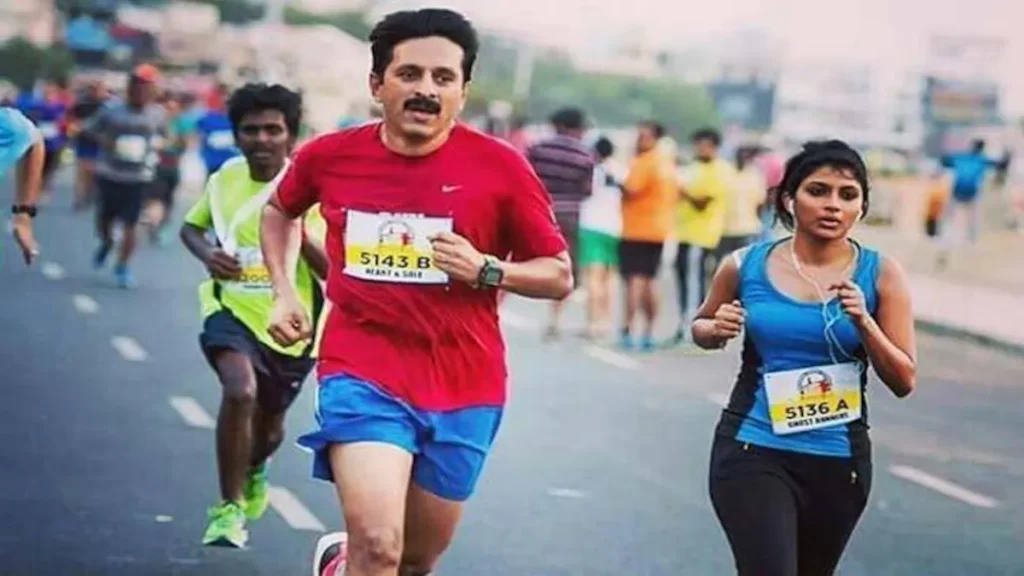Contrary to popular belief, 20 heart attack survivors from Hyderabad demonstrated that individuals with heart conditions can still participate in physical activity such as participating in long-distance Run.
By completing the Durgam Cheruvu Run, the group, known as Cardiac Rehab Runners, showed that proper running techniques can even improve heart health in heart attack survivors.
HIGHLIGHTS OF THE MARATHON RUN
- Heart attack survivors from Hyderabad have defied expectations by participating in and completing the Durgam Cheruvu Run.
- The group of 20 participants is part of the Cardiac Rehab Runners, a group dedicated to demonstrating the power of exercise in improving heart health for those who have survived a heart attack.
- These individuals have undergone a structured, physician-supervised exercise program under the watchful eye of a cardiac rehab specialist and Assistant Professor at ESIC Hospital, Dr. Muralidhar Babi.
- The program, which lasted between 3 to 6 months, strengthened the heart muscle, increased its pumping capacity, and enhanced the patient’s quality of life, enabling them to participate in marathons.
- The successful completion of the run by these heart attack survivors dispels any fears or misconceptions about heart conditions and the impact of exercise on heart health.
- The Cardiac Rehab Runners hope to inspire others and spread the good news about the benefits of cardiac rehab and the positive impact of exercise on heart health.
According to Dr. Muralidhar Babi, a cardiac rehab specialist and Assistant Professor at ESIC Hospital, the Cardiac Rehab Runners group has been able to participate in every marathon in Hyderabad due to their scientifically-based and monitored training.
The group consists of heart attack survivors, and patients who underwent angioplasty, bypass, and other heart procedures including DCM and PAH ( Pulmonary arterial hypertension is one form of a broader condition known as pulmonary hypertension, which is high blood pressure in the lungs)
Under the guidance of Dr. Babi and his team, the patients underwent a structured, physician-supervised exercise program lasting 3 to 6 months.
This program strengthens the heart muscle, increases its pumping capacity, and enhances the patient’s quality of life to the point where they can run marathons.
With this level of performance, patients and their families no longer have excessive fears about their heart conditions and lead happier lives, according to Dr. Babi.








